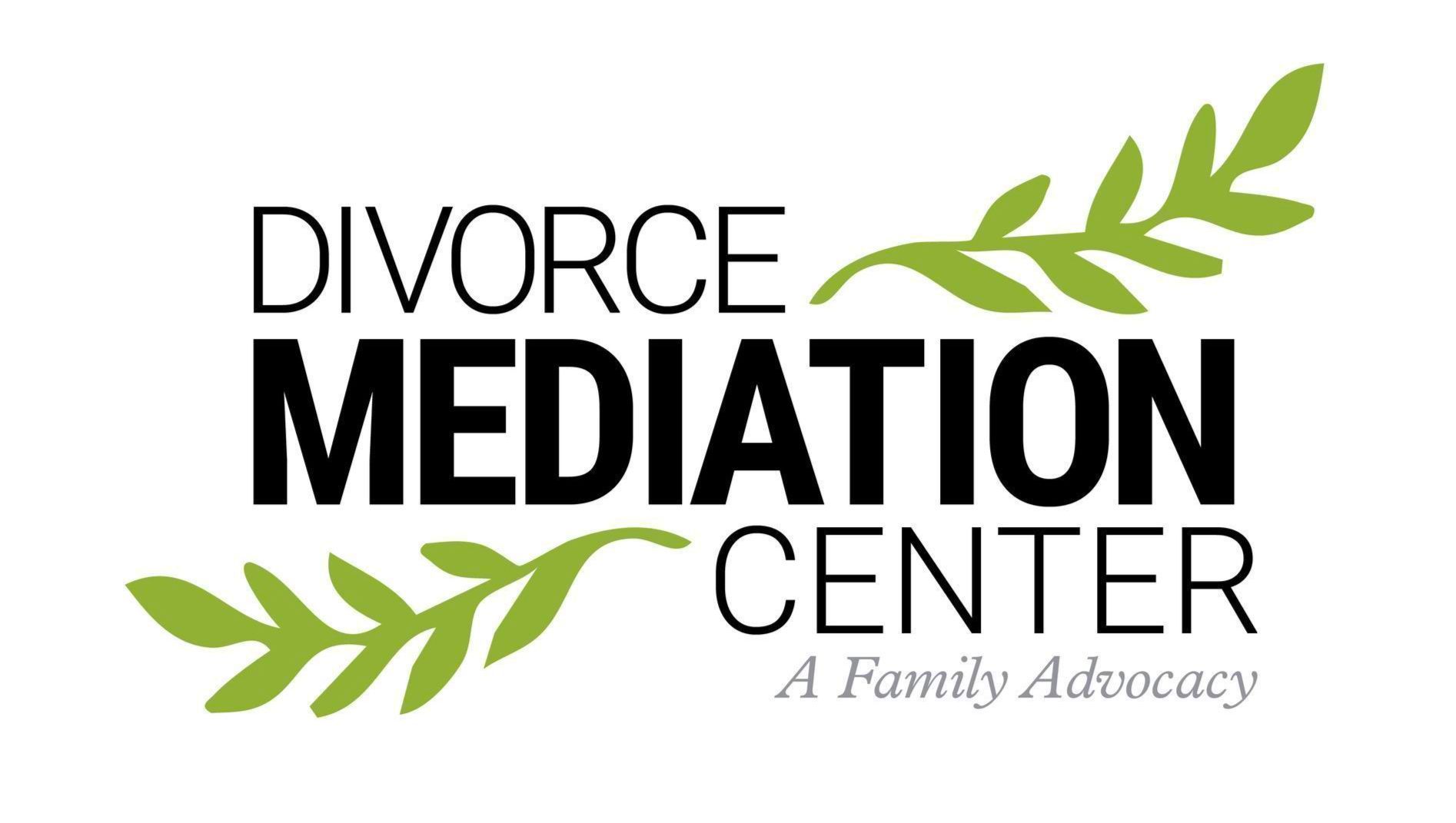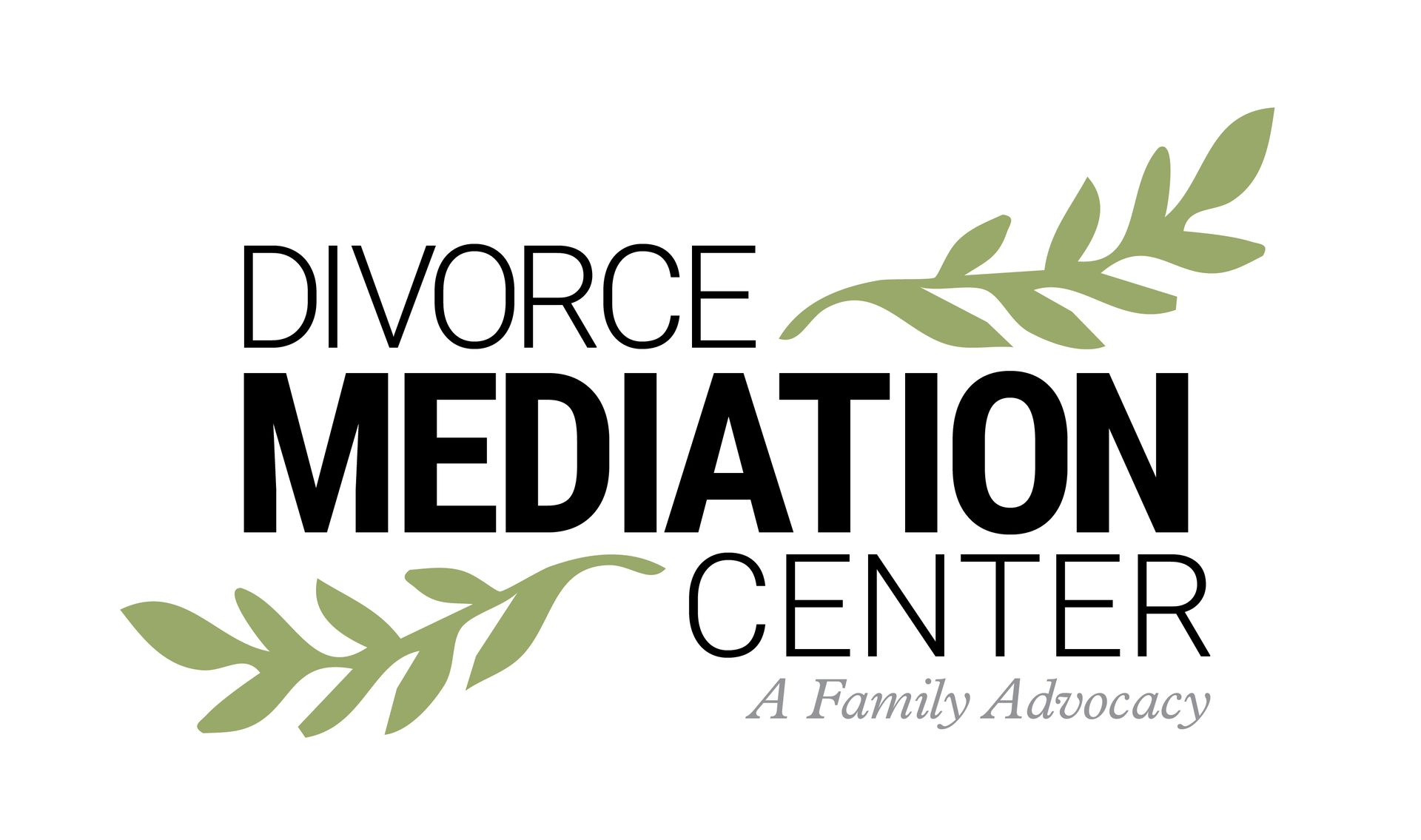Typical Grief Associated with Divorce
Regardless of whether the relationship between ex-spouses is high or low conflict there is a natural grieving that comes with divorce that eventually most divorcees will experience at some level and at one point or another. Much like the loss of anything great such as a loved one, a job, etc. the common areas of typical grief associated with divorce include:
- Loss of the idea of their predictable future (i.e. the “happily ever after dream”)
- Loss of a companion and/or friend
- Loss of hope that the relationship can recover
- Their idea of what they wanted for their children
- Concern over how they will handle daily life moving forward
- Loss of time they spent in the marriage in general
- Loss of time they will spend with their children in shared custody
- Loss of money and material things
- Loss of marital residence in some cases
- Loss of friends and social connections as a couple
- Loss of in-laws
- Loss of familiarity with someone and predictable daily routines
- The loss of the idea of who they thought their spouse was (versus the reality of who their ex-spouse actually is)
In a low conflict divorce one may be grieving all of the aforementioned ideals, however, there are usually patterns that are able to remain intact:
- Co-parenting of the children and both ex-spouses acting towards the best interests of the children
- Talking civilly to their ex-spouse about divorce matters and moving forward
- Staying friends with their ex-spouse and still wanting them to be happy and successful in life
- Having a cordial/friendly relationship with their in-laws
- Maintaining the same friends and social connections
In a high conflict divorce the elements of usual grief can be escalated when one or both ex-spouses continue to attempt to punish or destroy the other. This can lead to issues such as:
- Emotional isolation
- Financial instability or even poverty
- Destruction of reputation and friendships and social connections
- Concerns for safety of self or the children
- Mild Trauma to severe Post Traumatic Stress Disorder
- Depression and/or anxiety
- Internalization of prolonged high stress leading to health concerns and problems
When preparing someone in a high conflict relationship who has little to no experience of divorce, Therapists who specialize in this area will work with them to process grieve. They will usually address these areas:
- their idea of the role of the judicial system (their expectations versus reality)
- their idea of relief (their expected outcome versus realistic outcome)
- their idea of how they pictured their immediate future to be for both themselves and their children
Those considering divorce or newly divorced can greatly benefit from seeking support from a professional licensed therapist to proactively address and process these elements of grief early on. We have found those who address these issues head-on as soon as possible usually adjust to their new season of life much more quickly. If therapy sessions do not appeal to a particular individual, divorce support groups are an excellent alternative.
More information on this topic in our upcoming publication available on Amazon.com after July 30, 2015 Family Divorce Therapy 101-A Clinician’s Guide to Best Practices for Treating Families Pre/During/Post Divorce
More divorce support, advice and tips in Transitions Divorce® Prep Workbook
Transitions Divorce® Prep Workbook helps guide families on preparing before filing for divorce
Disclosure of Material Connection: I have not received any compensation for writing this post. I am disclosing this in accordance with the Federal Trade Commission’s 16 CFR. Part 255: “Guides Concerning the Use of endorsements and Testimonials in Advertising.”
Disclaimer: This is my personal blog. The opinions I express here do not necessarily represent those of my organization, Transitions Resource, LLC. The information I provide is on an as-is basis. I make no representations as to accuracy, completeness, suitability, or validity of any information on this blog and will not be liable for any errors, omissions, or delays in this information or any losses, injuries, or damages arising from its use.
In a low conflict divorce one may be grieving all of the aforementioned ideals, however, there are usually patterns that are able to remain intact:
Transitions Divorce® Prep Workbook helps guide families on preparing before filing for divorce





